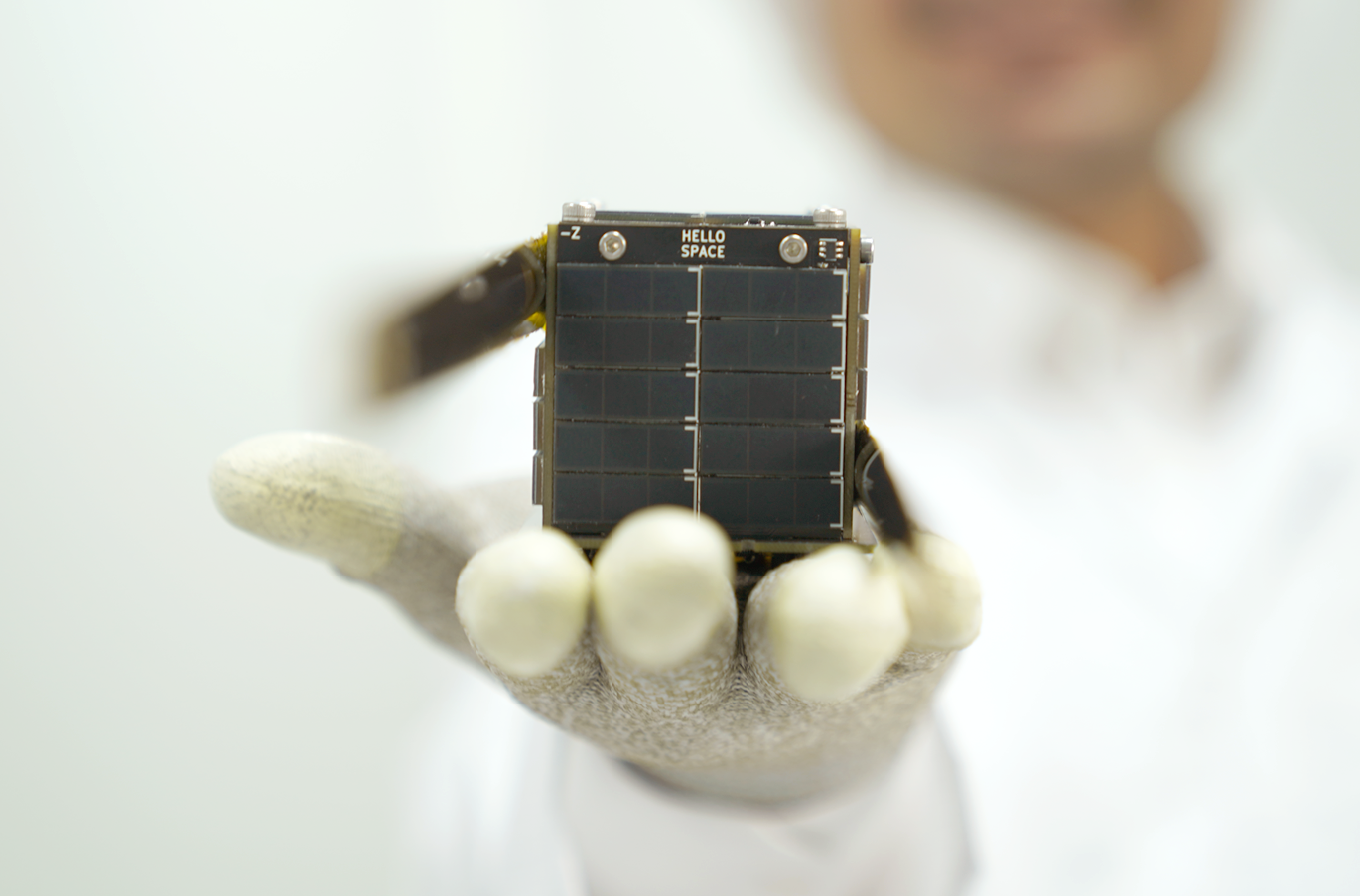
Space Technology Spinoffs: Innovations Impacting Our Daily Lives
Space exploration has led to incredible technological advancements that have found their way into our
everyday lives. In this blog post, we’ll explore some remarkable spinoff technologies derived from space
exploration and how they are shaping our daily experiences.
- GPS Technology: From Space to Your Pocket: Originally developed for space missions, GPS
technology has become an essential navigation tool for everyone. It guides us through
unfamiliar places and ensures accurate timing. Thanks to GPS, our smartphones, navigation
devices, and countless applications provide precise location tracking, making travel more
efficient. - Satellite Communications: Connecting the World: Satellites, initially designed for space missions,
now play a crucial role in global connectivity. They facilitate telecommunications, internet
access, weather forecasting, and disaster management. Satellite technology connects
continents, enables real-time communication, and supports industries like agriculture,
transportation, and emergency services. - Scratch-Resistant Lenses: Clearer Vision: To protect spacecraft equipment, scratch-resistant
lenses were developed. Today, they enhance eyeglasses and sunglasses, providing better
durability and clearer vision for millions of people worldwide. - Memory Foam: Comfort and Support: Originally used for cushioning and crash protection in
spacecraft, memory foam has transformed bedding and furniture. Its ability to conform to the
body’s shape offers exceptional support and comfort. Mattresses, pillows, and seating made
with memory foam have revolutionized sleep quality and overall well-being. - Water Purification Systems: Safe Drinking Water:Water purification systems developed for
space missions have been adapted to provide clean drinking water in remote and disaster-
stricken areas. These innovative systems eliminate contaminants, ensuring safer and more
accessible water sources for communities worldwide. - Cordless Tools: Portability and Efficiency:Cordless power tools were initially designed to reduce
weight during space missions. Today, they provide convenience, maneuverability, and improved
productivity in construction, manufacturing, and household applications. - Insulation Materials: Energy Efficiency:Space missions require advanced insulation materials.
These materials, now used in our homes and buildings, enhance energy efficiency by reducing
heat transfer. They contribute to lower energy consumption and create more sustainable living
environments.
The impact of space exploration goes far beyond scientific discoveries. The spinoff technologies
developed for space missions have revolutionized various industries and transformed our daily lives.
From GPS navigation to memory foam mattresses, these innovations continue to shape the world we
live in, improving comfort, connectivity, and sustainability
